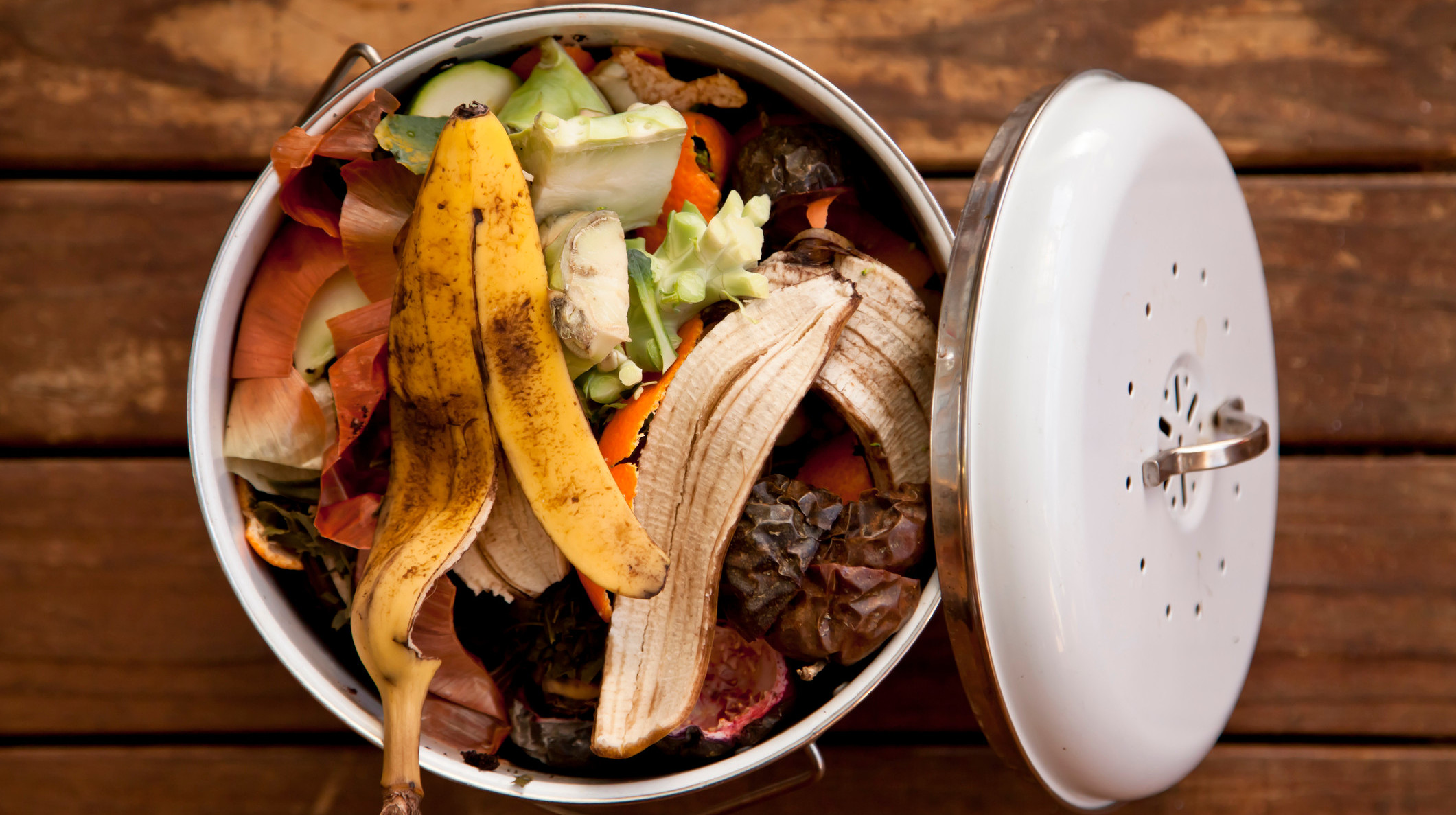Vermont Makes Composting Mandatory
In an effort to reduce the size of its landfills and curb the production of methane gas, Vermont has declared that, as of July 1, all residents are required to compost food scraps. This is not a sudden development—the law was passed in 2012 to give everyone time to prepare, and a poll taken by the University of Vermont in January showed that three-quarters of Vermonters had already started composting or feeding their food scraps to livestock. Which shows that at least one hippie stereotype of Vermont is true.
The goal is to redirect 50% of the waste that would have, in the past, gone to landfills. So now instead of dumping all their pits, rinds, scraps, bones, coffee grounds, and unwanted leftovers into the garbage, Vermont residents will put it all in the composting bin. "If it was once part of something alive, like a plant or animal," the state's Department of Environmental Conservation advises on its website, "it does not belong in the landfill." The state set aside nearly $1 million for grants for composting agencies to buy new equipment and expand their curbside pickup and dropoff services. Even the most isolated Vermonter has a composting facility within 10 miles.
Although there's a policy in place that requires Vermont officials to go through trash every five years to determine what everybody's tossing (what a great job!), nobody will be digging through anyone's individual garbage bin. "Instead," Fast Company reports, "officials are asking for voluntary compliance—and they expect to get it, based on how seriously Vermonters take their environmentalism."
There's some concern, particularly among people who run composting companies, that people won't be as careful as they should be about separating their food scraps from their other garbage, which would lead to compost contaminated by plastic, which is as bad as landfill waste. But even they—or at least the one Fast Company talked to—agree that the new law is a good step forward.
